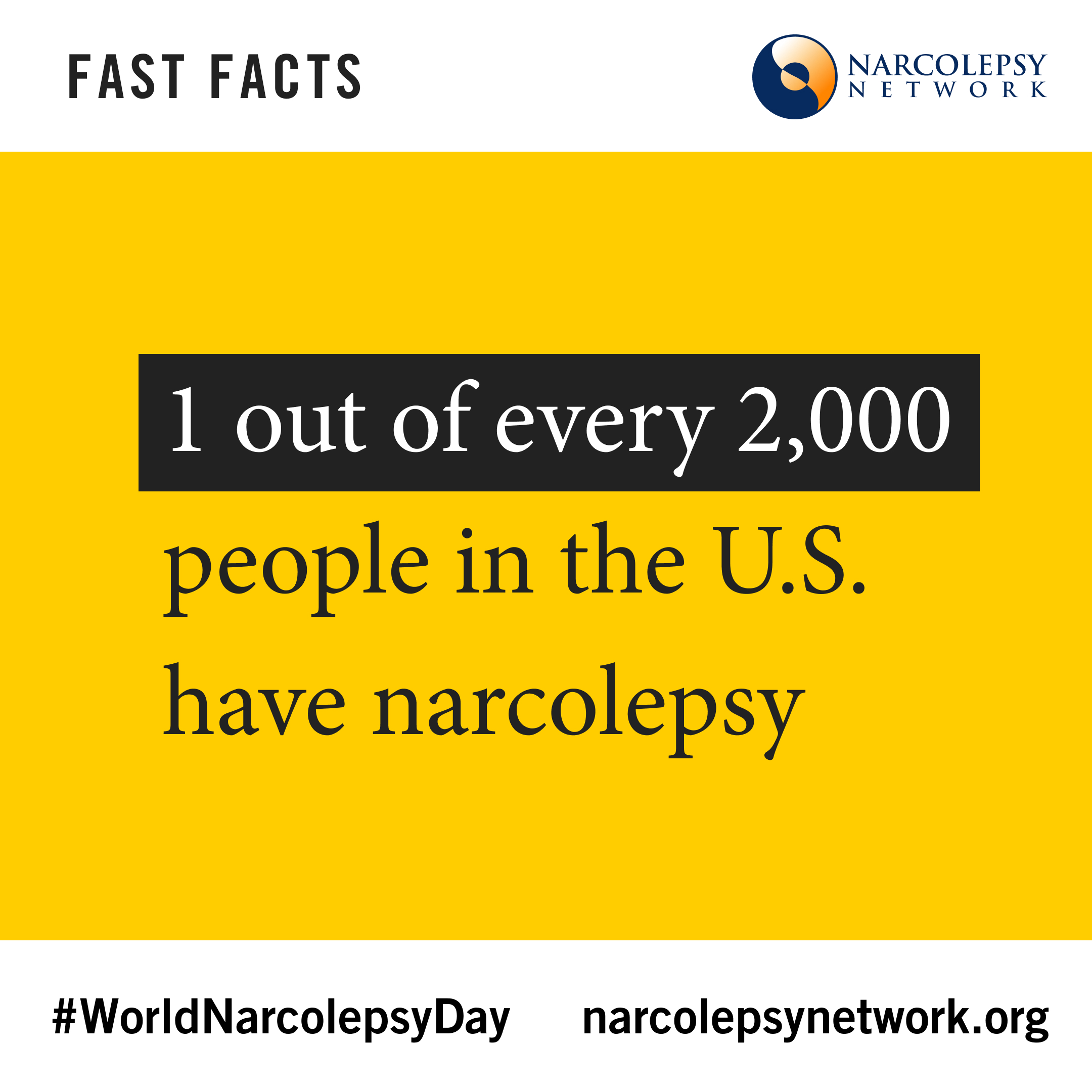The Healthy New Year: Why Sleep Should Be Your Top Resolution
The Healthy New Year: Why Sleep Should Be Your Top Resolution
As we usher in a brand-new year, many of us are setting goals to improve our health and well-being. While diets, gym memberships, and self-care routines often take center stage, there is one critical aspect of health that is frequently overlooked: sleep. At Comprehensive Sleep Care Center, we want to emphasize that better sleep can unlock countless benefits for your body and mind. Let this be the year you prioritize rest as a cornerstone of a healthier, happier you.
Sleep and Weight Loss: The Missing Link
If weight loss is on your New Year’s resolution list, quality sleep should be a key part of your strategy. Studies consistently show that insufficient sleep disrupts hormones that regulate hunger, including ghrelin and leptin. When you don’t get enough rest, ghrelin levels spike (making you feel hungrier), while leptin levels decrease (reducing your sense of fullness). This combination can lead to overeating and cravings, especially for high-calorie, sugary foods.
Additionally, poor sleep can slow down your metabolism and hinder your body’s ability to process insulin, making it harder to shed those extra pounds. On the other hand, getting a full 7-9 hours of restful sleep per night can boost your energy levels, enhance your physical performance, and support your weight loss goals.
Mental Health and Sleep: A Two-Way Street
The relationship between sleep and mental health is undeniable. Sleep deprivation can exacerbate conditions like anxiety, depression, and stress, creating a vicious cycle that’s hard to break. Without enough sleep, the brain struggles to regulate emotions and process daily experiences, leaving you feeling irritable, overwhelmed, and drained.
Conversely, restorative sleep strengthens your emotional resilience and mental clarity. It’s during deep sleep stages that your brain consolidates memories, processes emotions, and prepares for the challenges of the day ahead. By committing to a regular sleep schedule, you’re giving your mind the opportunity to reset and thrive.
The Role of Sleep in Children’s Health
For children, sleep is not just important—it’s foundational. Sleep plays a vital role in their growth, brain development, and overall well-being. A consistent sleep schedule helps children perform better in school, manage their emotions, and maintain a strong immune system. Unfortunately, the rise in screen time and busy schedules has led to an increase in sleep deprivation among kids, which can manifest as behavioral issues, poor academic performance, and even long-term health problems.
To support your child’s health, establish a bedtime routine that includes:
- Limiting screen time at least an hour before bed
- Creating a calming environment
- Encouraging regular sleep and wake times
Ensuring children get the recommended amount of sleep for their age (10-14 hours for younger kids and 8-10 hours for teens) is one of the most impactful steps you can take for their future.
Make Sleep Your Priority This Year
Improving your sleep doesn’t have to be complicated. Start small by:
- Setting a consistent bedtime and wake-up time, even on weekends
- Avoiding caffeine and heavy meals in the evening
- Creating a sleep-friendly environment with minimal noise and a comfortable mattress
- Seeking professional help if you experience persistent issues such as snoring, insomnia, or daytime fatigue
At Comprehensive Sleep Care Center, we specialize in diagnosing and treating sleep disorders for patients of all ages. Whether you’re an adult struggling with sleep apnea or a parent concerned about your child’s rest, our team is here to help you achieve optimal sleep and, in turn, optimal health.
This New Year, give yourself the gift of quality sleep. Your body, mind, and loved ones will thank you.

